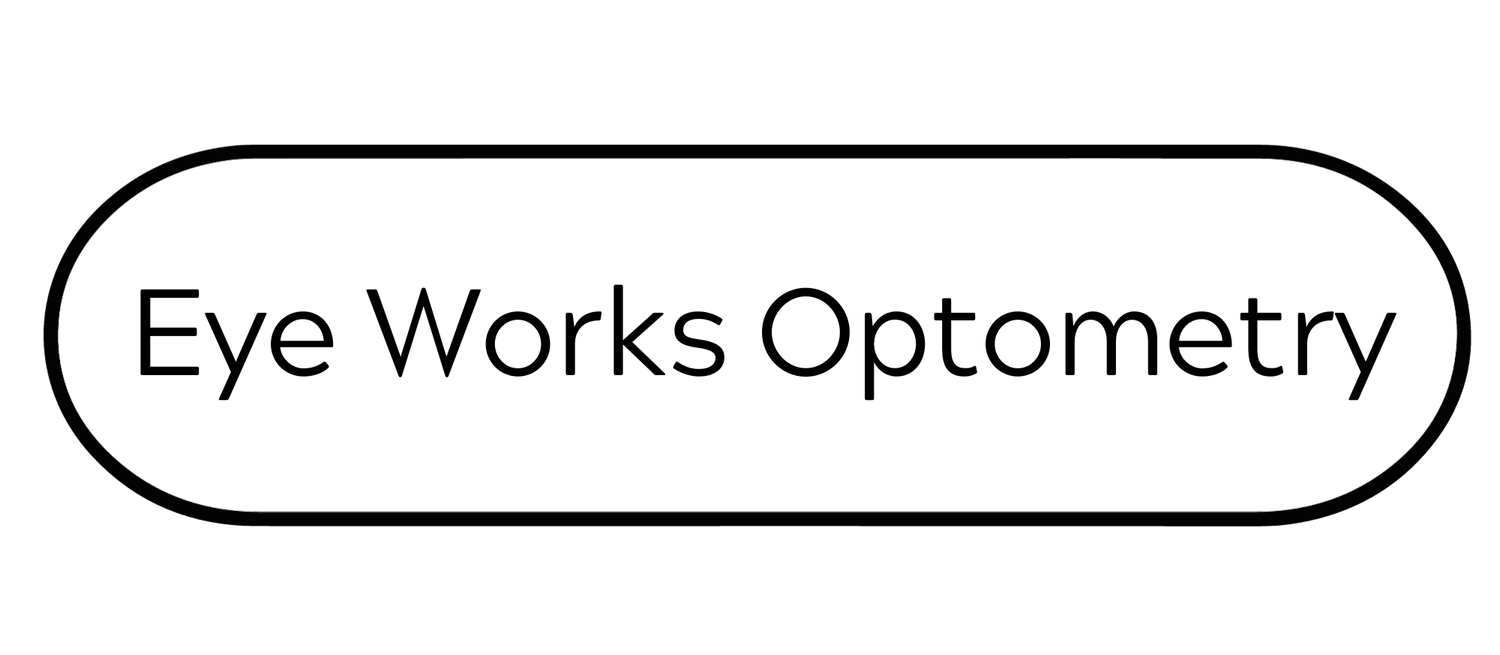Macular Degeneration
Macular degeneration is an eye problem that mostly happens as people get older. It affects the part of your eye that helps you see clearly in the center of your vision. This can make it hard to read or see faces properly. There are two kinds: 'dry,' which is more common and gets worse slowly, and 'wet,' which can quickly make your vision worse. While it can't be completely cured, there are treatments to help keep it from getting too bad.
-
Early detection and accurate diagnosis are crucial in managing macular degeneration. During this stage, we conduct comprehensive eye exams, utilizing advanced imaging technologies like OCT (Optical Coherence Tomography) to closely examine the macula. We look for signs of deterioration or abnormal blood vessel growth characteristic of macular degeneration.
This segment also involves assessing risk factors, including age, genetics, and lifestyle, which can contribute to the disease's development. Early identification of the condition is key to slowing its progression and maintaining the best possible vision.
-
The treatment and management of macular degeneration vary depending on the type - 'dry' or 'wet.' For dry macular degeneration, the focus is mainly on nutritional supplements and lifestyle changes to slow progression. In the case of wet macular degeneration, more aggressive treatments like anti-VEGF injections are used to halt abnormal blood vessel growth and reduce fluid leakage in the retina.
While there is no cure, these treatments aim to stabilize or slow the deterioration of vision and improve the quality of life for patients.
-
Regular monitoring is vital for patients with macular degeneration. We schedule frequent check-ups to track the condition's progress and adjust treatment plans as necessary. In addition to medical treatments, we emphasize lifestyle modifications like quitting smoking, maintaining a healthy diet rich in leafy greens and fish, and protecting eyes from UV light, which can significantly impact the course of the disease. Education on using visual aids and adapting daily activities also forms a part of this segment, helping patients manage their vision changes effectively.

What to do?
Managing macular degeneration effectively involves regular eye check-ups and lifestyle adjustments. Eating healthily, especially foods rich in leafy greens and omega-3s, and quitting smoking are vital. Using eye vitamins, if recommended, and low-vision aids can help with daily tasks. Protecting your eyes from UV light and monitoring your vision with tools like the Amsler grid are important. Stay informed about your condition, follow any prescribed treatments diligently, and consider joining support groups for additional help and information. These steps can help you maintain your quality of life despite macular degeneration.
Distorted Central Vision
When someone has macular degeneration, their vision changes in distinct ways. The macula, responsible for clear central vision, gets damaged, leading to blurred or distorted central vision.
This means while their peripheral (side) vision usually remains normal, they might struggle to see details straight ahead. For instance, faces may appear blurry or wavy, reading and recognizing fine details become challenging, and colors might seem less vibrant. In advanced stages, particularly with wet macular degeneration, they might experience a dark spot in the center of their vision. However, the progression and experience of vision loss can vary from person to person.
Emerging Therapies
This part is all about the latest discoveries and upcoming treatments for macular degeneration. It's good to know about new research because it might lead to better ways to handle the disease. This includes updates on new medications, studies about gene therapy, and advances in technology that could improve or restore vision. Staying up-to-date with these advancements gives hope and shows that doctors and scientists are constantly working on more effective treatments. This information can be really helpful for patients looking for more options or considering joining in new studies. It's a way to keep everyone informed about the future of macular degeneration care.
Fighting Macular Degeneration Together
About The Eye Works
Our top priority is maintaining your eye health and vision quality. As the leading optometrist in Napa helping our patients/our family to see better, we use advanced technology for exceptional eye care.
We've grown thanks to positive feedback from our patients and their loved ones, and our reviews reflect our commitment to excellent service.
Our goal is to provide top-notch eye care, including advanced eye health tests, innovative lenses, contact lenses, fittings, and a selection of fashionable frames.
Insurances we accept






